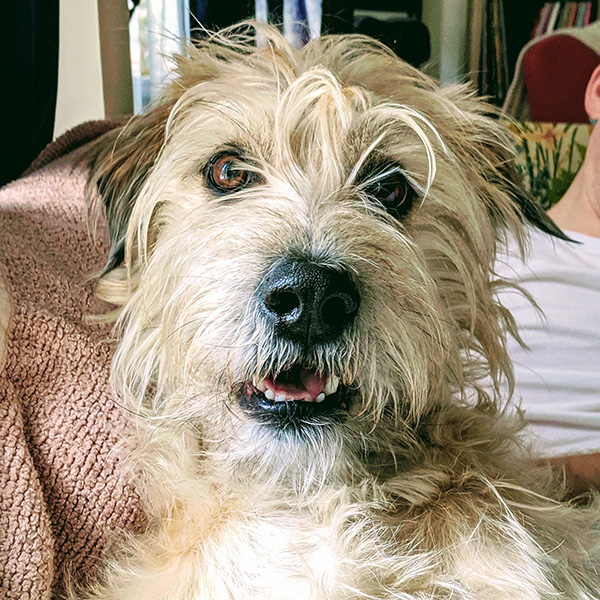Looking for ways to eat better? Turns out your doctor may not be your best source of information.
but if your food is your medicine, then they can’t sell you pills
Might as well ask a drive-thru cashier about your car insurance. 🤦🏽♂️
When I was in school ('91 grad), the standard textbook in Medical schools was the Scope Manual on Nutrition. One class, one 122 page book. https://archive.org/details/scopemanualonnut00lath/page/n5/mode/2up
AFAIK the situation hasn’t changed much for M.D.s. This article states, “But a 2015 study showed only 29% of medical schools met this goal, and a 2023 study suggests the problem has become even worse – only 7.8% of med students reported 20 or more hours of nutrition education across all four years of med school.”
"These health problems are not only common and debilitating, but expensive. Treating high blood pressure, diabetes and high cholesterol costs about US$400 billion per year. Within 25 years, those costs are expected to triple, to $1.3 trillion. " This explains why. Those costs cited are money earned by Big Pharma. It takes less time for an M.D. to write a prescription, e.g. for statins, hypertension meds, etc, than it does to educate a patient on nutrition. However the M.D. can make referrals to registered dietician, or other nutrition specialist.
I’m not surprised this is true. In my experience trying to figure out what’s wrong with me, my doctor did the following: ask questions about my lifestyle and diet (perfectly normal thing to do). Finds out I don’t eat a lot of meat and tells me i probably have a B12 deficiency and should take a supplement or eat more meat. Does some basic tests and do not have B12 deficiency. Tells me I should still try to eat more meat or take a supplement before sending me to an endocrinologist (you know, because it’s not my diet and something else entirely) 🤷🤷🤷
Advocating for doctors to be more educated on nutrition is definitely a good thing. That being said, I question how much it would actually help make better lifestyle choices. Everyone knows what kind of foods lead to poorer health and complications as they age. They just don’t care or are not in a position to care.
Yep, information about this stuff is an individual solution to a systemic problem.
I wouldn’t say everyone knows. My father thinks Caesar salad is healthy and recently told me he learned that cans have nutritional labels on them, but he doesn’t understand them.
Honestly, that sounds more like willful ignorance more than anything else. I mean sure technically, some generations didn’t have as comprehensive health education in school, but still.
It doesn’t really help when good, fresh, organic food is priced so that a day or two’s worth is easily a week’s grocery budget. And that’s not accounting for food desserts.


